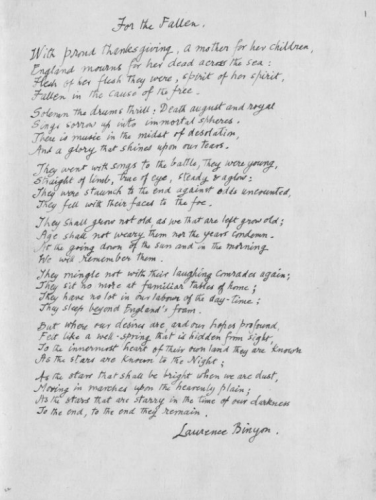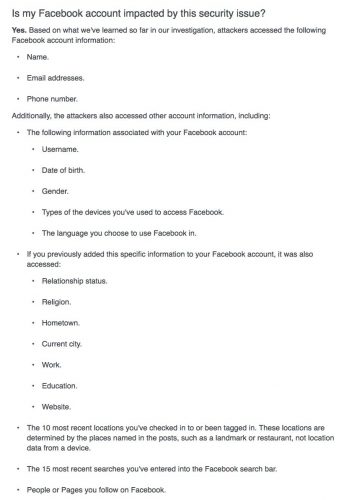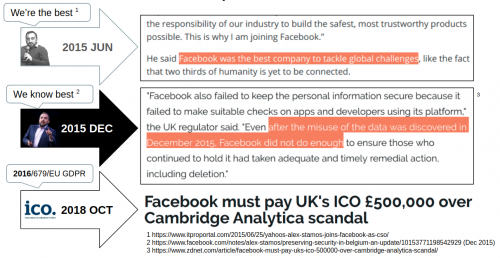File this lawsuit news under things that anyone with a history degree could have predicted:
The suit alleges that e-scooter companies knew their riders were injuring pedestrians and –– by failing to stop the collisions from occurring –– assisted and encouraged scooter riders as they committed “assaults.”
The suit also states that both companies’ scooters contain defective electronics and mechanical parts, as well inadequate safety instructions for riders and that they have “a wanton disregard for the safety of others.” The risks posed by the devices, the suit states, “were known and/or knowable” based on “professional knowledge” known within the transportation community.
Scooters weren’t going to magically become safe, by increasing their supply and decreasing barriers to abuse (i.e. powered to a quick and high top speed at no cost to rider).
Another way of looking at this is to consider how Vespa was born out of WWII and became wildly successful, was banned, and then returned again.
Conversion of Italian warplane engineering to civilian mobility in war-ravaged Europe birthed the famous aeronautical-looking scooters of the 1950s. They were cheap and convenient for rebuilding markets after war, so the concept boomed.
Fast-forward to the 1970s and the scooters were being banned due to air quality concerns, in a large part related to their success. So many engines had been accumulating massive technical and healthcare debt, dumping toxins into the air without paying for consequences, legislation had to be passed:
Having returned to the US in 2000 after exiting the market in 1985 because of new emissions legislation that targeted two stroke engines, the Vespa was an immediate success all over again
And being a success all over again is a good thing, right? I believe that’s called innovation.
The birthplace of the Vespa has even banned 2-stroke engine versions for the same reason, air quality harms:
…environment assessor Italo Porcile is determined not to give in to the pressure.
‘I love the Vespino, I used to have one myself,’ he said. ‘But the ‘Euro 0′ (a model produced before 1999) pollutes terribly and public health is more important’.
Piaggio, which started off producing locomotives and then fighter planes, came up with the Vespa after the Second World War, when the country’s roads, severely damaged by bombing, were crying out for an alternative to cars for the masses.
With the 2-stroke air negligence version banned, scooter manufacturers are only now investing in superior engineering options:
Elettrica is propelled by an electric motor claiming peak output of 5.3 hp (with a continuous output of 2.7 hp) and more than 147.5 lb-ft. of torque, which Piaggio says is superior performance to a traditional 50cc gasoline-powered scooter
Scooters being dumped on sidewalks and running into pedestrians is literally the opposite of innovation. The lawsuit again negligent scooter manufacturers is an unfortunate start, though clearly what scooter developers really needed sooner was a regulatory wake-up to spur them into more innovative designs.



